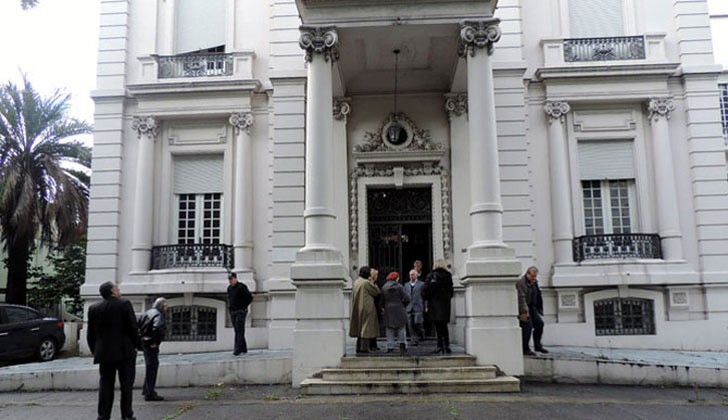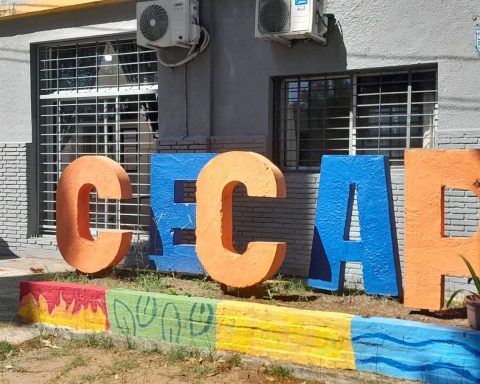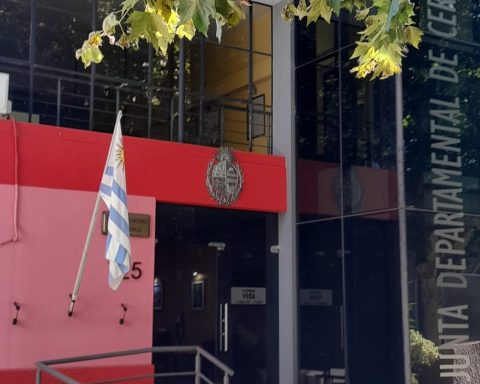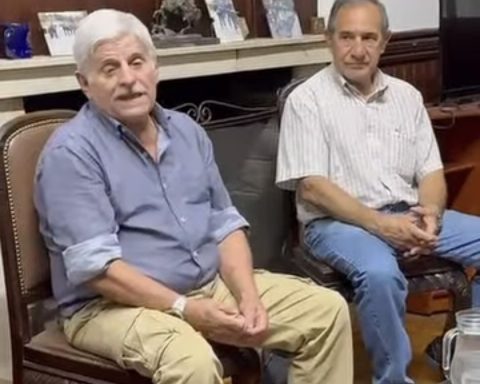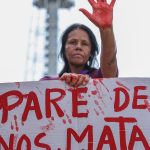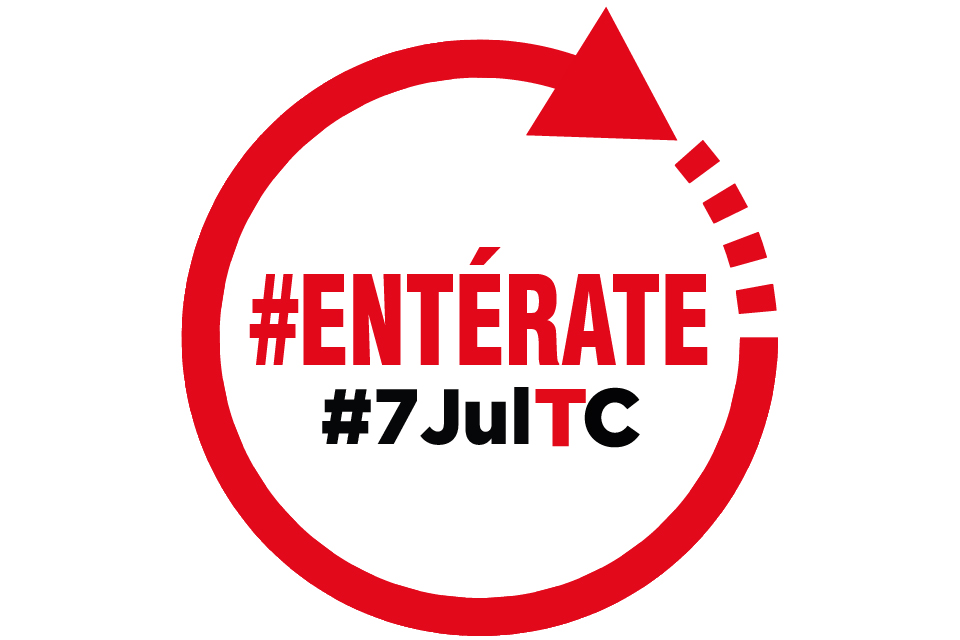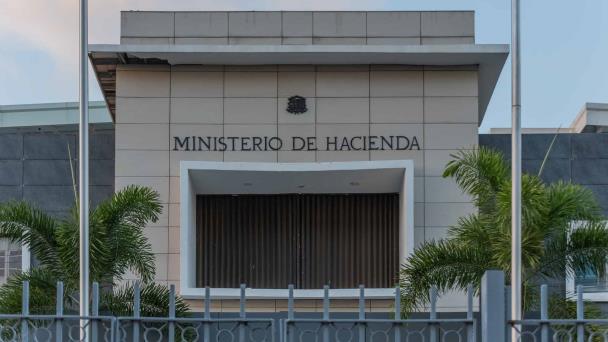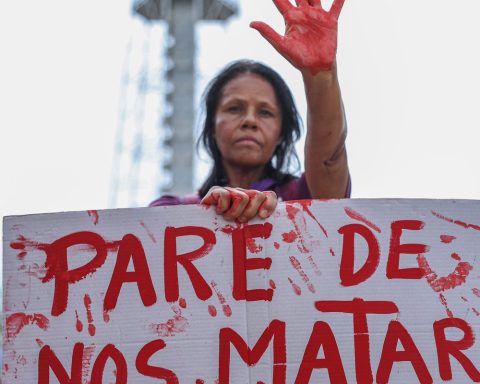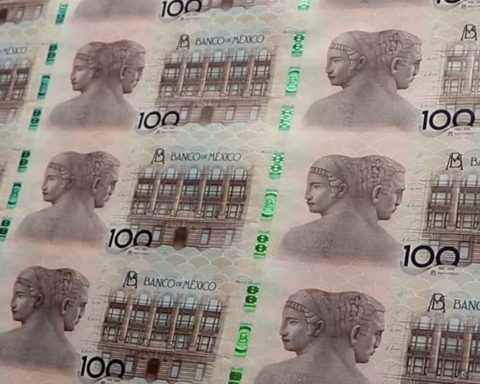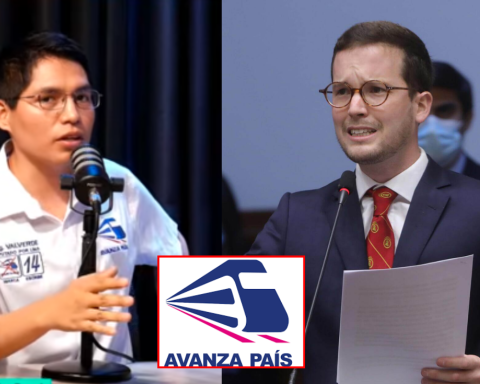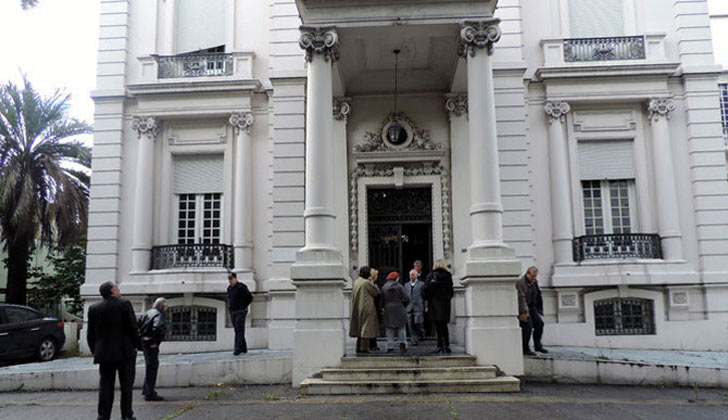
Days past, it emerged that the new members of the Human Rights Institution and the Ombudsman’s Office would be appointed by “political quota”, so that two representatives would be from the National Party, one from the Colorado Party, another from Cabildo Abierto and another from the Broad Front. .
Law No. 18,446 establishes that the members of the Board of Directors of the INDDHH will be appointed every five years, and will be elected by two-thirds of the votes of the total components of the General Assembly. Social organizations authorized to participate in the extraordinary sessions of the INDDHH may propose candidates to the General Assembly, and parliamentarians may receive proposals and formulate a list of candidates.
It also provides that the Board of Directors of the INDDHH must meet the following requirements: Be persons of high moral authority; have experience and a well-known understanding of human rights; be Uruguayan citizens, natural or legal, in the latter case they must have a minimum of ten years of citizenship; be in full enjoyment of civil rights; not have held elective public positions or positions of particular political trust during the two years prior to their appointment, except for elective positions at the University of the Republic.
Rejection
Faced with the proposal that the Board of Directors be integrated with representatives of the majority parties, seventy civil society organizations linked to human rights reject and denounce the pronouncements that, from the political system, seek to “violate the Law and convert the National Institution of Human Rights and Ombudsman in a distribution of positions, assigning political quotas according to affinity with the government or the opposition”.
“This represents a new attack on the Institution, where the usual losers, the most vulnerable, the most violated, due to the action or omission of the State”, express the signatory organizations.
They assure that the Law is clear and does not admit another interpretation. “Those who will be able to propose applicants are the social organizations authorized to participate in the National Human Rights Assemblies. The Parliament decides, based on these proposals, checking that they comply, among other things, with ‘dealing with people of high moral authority, with experience and well-known knowledge of human rights, trying to ensure the pluralistic representation of the social forces of the civil society interested in the promotion and protection of human rights, in accordance with the principles of gender equity and non-discrimination’”.
They recall that the Uruguayan Parliament unanimously voted for Law 18,446 that creates the Institution. Since then it has meant an enormous enrichment of democratic institutions.
The explanatory memorandum of the rule attributes this intention to it by stating that “by maintaining its real distance from the government, it can make an exceptional contribution to the country’s efforts to protect the fundamental freedoms of its inhabitants and to create a comprehensive culture of respect, promotion and full observance of human rights, in their conception of an independent and indivisible whole -civil, political, economic, social and cultural rights”
The National Institution of Human Rights and Ombudsman defends and protects, controlling all the powers and organisms of the State, which contributes to guaranteeing that people do not see their rights violated. It promotes by informing, raising awareness, educating in human rights and also collaborating with the State for the adoption of good practices. It works autonomously and cannot receive instructions or orders from any authority.
From the group of social organizations with the right to propose applications for the new Board of Directors, it understands that they are obliged to point out other criteria, in addition to those provided by Law, which, based on these ten years of experience, should be considered to weigh the proposals.
“The candidates must be committed to the continuity of the institutional framework, in particular in regard to the defense of their autonomy, competencies, faculties and tasks. For the continuity in the management experience, the permanence of members of the current Board of Directors is important, as recommended by the Law itself, ”says the group.
Respect for human rights whose defense, protection and promotion is entrusted to him in his role as director of the INDDHH “must be manifested both in his career and public activity as well as in the private sphere. It is not admissible that they have participated in or supported acts or expressions of violence, discrimination or exclusion of any nature”, they emphasize.
Therefore, “they cannot ideologically represent, from their sayings and practices, under any circumstances, at any time, the defense of State terrorism.” They indicate the capacity for dialogue and negotiation for the relationship with the representatives of the State that they must control, with organized and unorganized civil society, and with INDDHH officials. Ability and willingness to work as a team, essential in the case of a collective body that proposes democratic and transparent management. Attitude of respect in relation to the role that corresponds to social organizations in the issues they address and the territories where they intervene, and commitment to a greater articulation with them, overcoming the logic of specific calls.
As a collective body, it must integrate an adequate “balance of training, experience and sensitivity” in the thematic diversity that this task includes, with sufficient knowledge of the social reality of the country, commitment to effective access to the Institution for all people in all the country.
Adhere
Civil Association Ágora de Canelones
El Paso Civil Association
Association of Friends of the Memory Museum (AAMuMe)
Association of Social Workers of Uruguay (ADASU)
Association of Former Political Prisoners of Uruguay (CRYSOL)
Uruguayan Press Association (APU)
Uruguayan Association of Gerontological Entertainers and Assistants (AUDAAG)
Center for Archives and Access to Public Information (CAinfo)
Center for the Promotion and Defense of Human Rights (CDH)
Charrúa Oipik Udimar Nomad
Collective They
Spyglass Collective
Diverse Collective of Las Piedras
ElePe Collective
Stoves of Memory Collective
Hector Castagnetto Collective
Collective Memory of Toledo
Black Sheep Collective
Collective for Memory Truth and Justice of Tacuarembó (Interiors Network Member)
Collectives and militants against the entire LUC
Commission of Memory and Human Rights of Rivera
Commission for the Rescue of Recent Memory Atlantis (Interiors Network Member)
La Tablada Memory Commission
April Girls Memory Commission
Commission Memory Priest Mauricio Silva
Soriano Memory, Justice and Against Impunity Commission (Interiors Network Member)
National Commission in Defense of Water and Life
Commission for the Memory of the Soca Fusiles
Commission for the Memory of Salto
Commission for the Punta Carretas Penal Memorial Site
Ex Cgior Memory Site Commission
Committee on the Rights of the Child of Uruguay
Mental Health and Human Rights Cooperative (COSAMEDDHH)
Coordinator for the Withdrawal of Troops from Haiti
Daily Woman
Freedom Penal Memorial Space
Federation of University Students of Uruguay (FEUU)
Uruguayan Federation of Housing Cooperatives for Mutual Aid (FUCVAM)
Organized Feminists of the Coast (FOCOSTA)
Mario Benedetti Foundation
Goal Against Impunity
Paso de los Toros Human Rights Support Group
Florida Support Group for Families of Detained-Disappeared
Group of Former INAU Workers for Memory
Working Group for Truth and Justice of Bella Unión (Member of Interiores en Red)
Swollen with Memory
Disobedient Stories Uruguay – Daughters, Sons and Relatives of Repressors for Truth, Memory and Justice
Institute of Legal and Social Studies of Uruguay (IELSUR)
New Moon Educational Research Institute
Intersocial of the City of the Coast
Intersocial Feminist
Intersocial San Jose de Mayo
Mothers and Relatives and Relatives of Uruguayans Detained and Disappeared
Memory in Freedom
Memory, Truth and Justice of Carmelo (Member of Interiores en Red)
Memories of the Coast
National Movement of Public and Private Health Users (MNUSPP)
Round trip organization
Workers’ Inter-Union Plenary (PIT-CNT)
Organized Rebellion
Network of Friends of Luis Pérez Aguirre
NETWORKS Friends of the Earth Uruguay
Peace and Justice Service (SERPAJ Uruguay)
Single Union of Rice and Allied Workers (SUTAA)
Site of Memory “Elena Quinteros”
300 Carlos Memory Site
Ex Memory Site – Cabildo Prison
Site of Memory Ex Hogar Yaguarón of the Children’s Council We Have To See – International Film and Human Rights Festival
plotting resistance
Mides Workers Union (UTMIDES)
